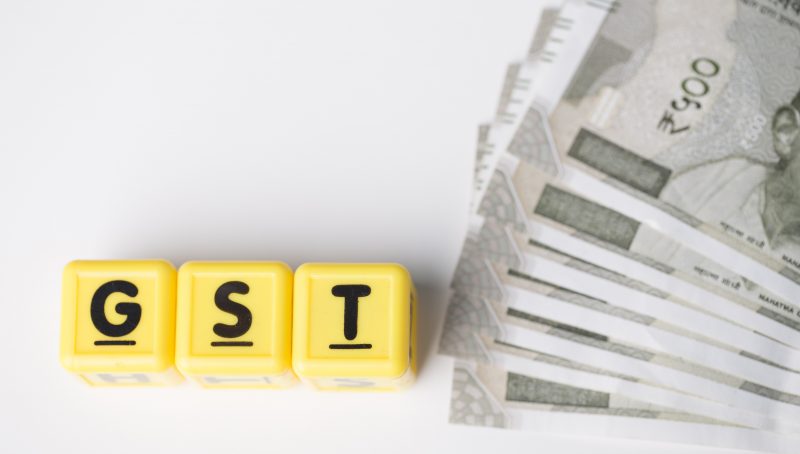The government is taking continuous steps to plug revenue leakages to achieve revenue collection targets. Now, the government is likely to amend the law to declare fraudulent Input Tax Credit (ITC) claims as a non-bailable offence in the hands of buyers of goods and services.
The government is likely to introduce this amendment in the Budget 2020-21. With the proposed amendment which aimed at curbing tax evasion, the CEOs, directors or staff directly responsible for making such fraudulent claims may also be penalised.
The government may come up with the threshold limit to categorise the crime as a bailable or non-bailable offence. It may consider the offence as bailable if the amount involved is less than Rs 5 crore and if the amount required crosses beyond that, it will be a non-bailable offence. The law also extends to the goods and services suppliers.
The GST Council has already approved the changes, and it is now proposed to expand the provision to include recipients found guilty of conspiring in such fraud. The law committee and the GST Council already endorsed the proposed amendments to Sections 122 and 132 of the GST Act. The GST Council also supported changes to Section 49 of the GST Act empowering officials to block credit when fraud occurs which is to be introduced in the upcoming Budget.
Also Read: Auto industry looks forward to GST goodies this Union Budget 2020
A value-added tax like GST should have clear penalties to deal with cases where ITC evasion results from active collusion. These cases led to increased enforcement and procedural standards on all taxpayers by a small community of taxpayers. The government claims that beneficiaries of such fraudulent claims, usually made through dummy companies, should be penalised in proportion.
There are instances where the names of daily wage earners such as rickshaw pullers are being used to open multiple firms that issue invoices to pass on ITC without the provision of goods or services. Those who orchestrate such frauds also arrange for the actual suppliers of goods or services to whom such invoices will be sold upon payment of an agreed amount. Such suppliers then use this credit to either discharge their GST liability or demand duty refunds paid on overvalued products export.
The authorities registered several cases in which ITC was claimed without supporting invoices or receiving goods or services. Current provisions have no specific measures to deal with this kind of tax evasion. An explicit legislative provision will provide a framework to deal with such cases.
There is a need for legislative recourse to prevent such fraudulent ITC cases. The government has to issue detailed guidelines on how to invoke these provisions to minimise the potential for misuse.
For any clarifications/feedback on the topic, please contact the writer at dvsr.anjaneyulu@cleartax.in
DVSR Anjaneyulu known as AJ, is a Chartered Accountant by profession. Loves to listening to music & spending time with family and friends.





